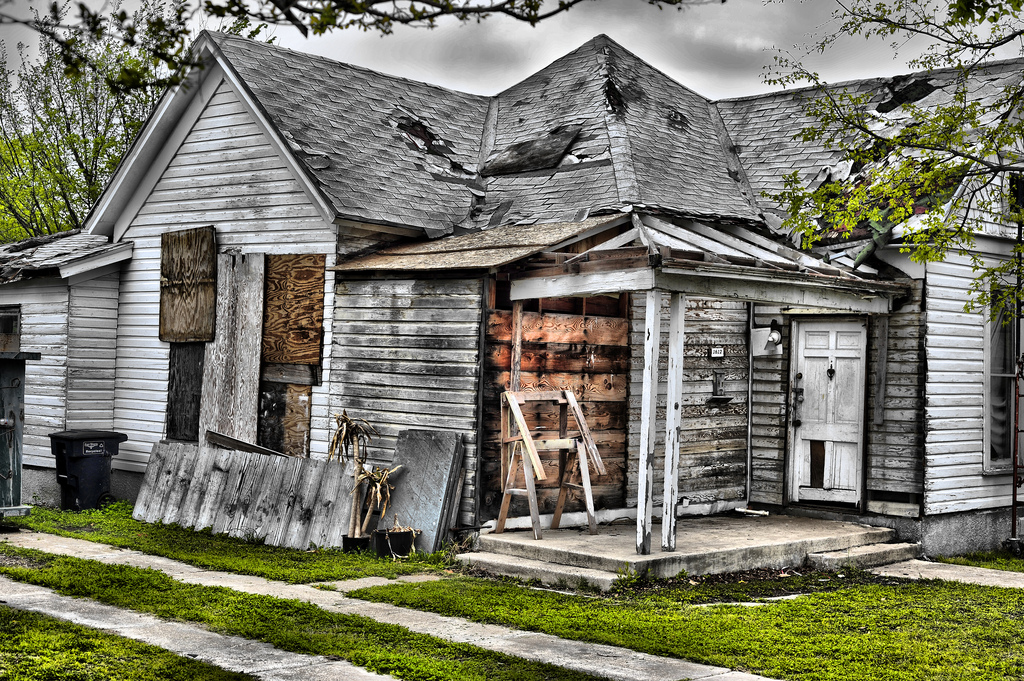-
Lot Size
-
Home Size1,550 sqft
-
Beds4 Beds
-
Baths2 Baths
-
Year Built1978
-
Days on Market9
Is Buying a Fixer-Upper Worth It?
- Real Estate Tips
- Encinitas real estate agent, encinitas realtor, home buying advice, home buying tips, Linda Moore, linda moore blog, Linda Moore with Coldwell Banker, real estate agent in encinitas, real estate in Encinitas, real estate tips
- October 13, 2015

Is Buying a Fixer-Upper Worth It?
For many looking to score a home below market value–especially in today’s ultra competitive market–the idea of buying a fixer-upper can be a very appealing one. But many first-time homebuyers pull the trigger too soon without fully grasping the costs–and risks–involved in transforming a property into their dream home.
If you’re seriously considering purchasing a fixer-upper, here are several of the most important questions to ask yourself before making your decision.
What Kind of Work Needs To Be Done?
Are all fixer-uppers created equal? Short answer, no–some may require only minor touch-ups, while others could be begging for a complete overhaul. However, repairs typically fall into these categories:
Cosmetic (Somewhat Cheaper)
Cosmetic repairs can boost the property’s aesthetic value without really affecting its structural integrity, and for the most part, you can take on the repairs DIY-style without a lot of upfront costs. Examples include: chipping paint, stained carpets, nail holes in the wall, dead grass in the yard, or ugly wallpaper.
One of the big advantages of taking on cosmetic repairs is you can take your time with these projects, making them much more manageable and at a reasonable cost.
Structural (More Expensive)
Structural problems are by far more costly, and often more serious, to fix. For one, professionals are usually needed with repairs taking months to complete. Some common structural repairs include: aging or leaking roof, old pipe systems that need to be replaced, termite damage, or exterior wall cracks.
Before you decide to commit to a fixer-upper, it’s vital to schedule a professional, impartial home inspection to pinpoint any structural issues and obtain a repair cost estimate.
DIY or Hire Professionals?
If the majority of repairs are on the cosmetic side, you may be able to save a ton of money by taking care of them yourself. There are plenty of DIY YouTube videos and other resources that show you how to fill nail holes in drywall or remove wallpaper easily. Unless you’re an experienced home repair expert, it’s probably a better idea to hire a contractor to take care of structural damages.
Are Repairs Within Your Price Range?
Fixer-uppers can easily become money pits when homebuyers underestimate what it will actually cost to renovate. Nine times out of ten, it will end up costing significantly more than expected. To avoid unpleasant surprises, consider the following:
- Get an estimate – Contact a professional for quotes on major fixes and price out DIY projects.
- Establish a buffer – Put aside 20-30% for additional, unexpected expenses.
- Other financing avenues – Renovation loans are available through the FHA 203(k) and the Fannie Mae HomeStyle loan for some potential buyers.
In a nutshell, if the home is going for $250,000 and requires $50,000 in renovations, you should set aside around $65,000 or more for unforeseen problems.
Where Will You Stay During Repairs?
Do you have a backup plan if buying a fixer-upper will make the home unlivable while repairs take place? It may be advisable to have an alternative place to live such as renting, staying with family/friends, or remaining in the home if repairs allow. Fixer-uppers can definitely be rewarding, but if a move-in-ready space is what works best, it may not be right for you.
Will Your Fixer-Upper See a Profit?
If your ultimate goal is to sell in a few years, will renovation/improvements be recouped through appreciation? In hot, high-demand markets, some fixer-uppers can go for a premium, making them bonafide investments–but it comes with a bit of homework. How would the home compare to other renovated homes close by, or will the home’s value increase over time when considering market trends?
It can be a slippery slope, so contacting a real estate agent might be the best thing to do to gauge your fixer-upper’s future potential.
Let a Real Estate Pro Help With Your Fixer-Upper
Buying a fixer-upper can be a lucrative opportunity–if you’re ready to put in the time, cost, and sweat equity. But if the property will require major structural repairs and your budget is stretched thin, is a fixer-upper a good bet for you? Contact Linda Moore today if you’d like more insight on the long-term financial gains of fixer-uppers, or if it’s the smart choice for you, your budget, and your future!





